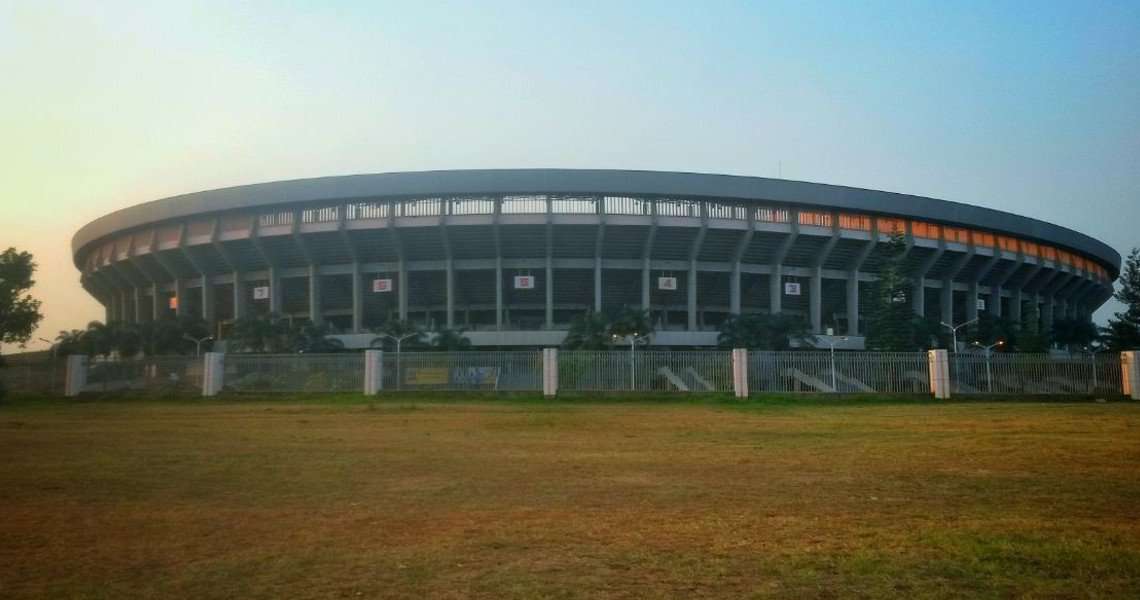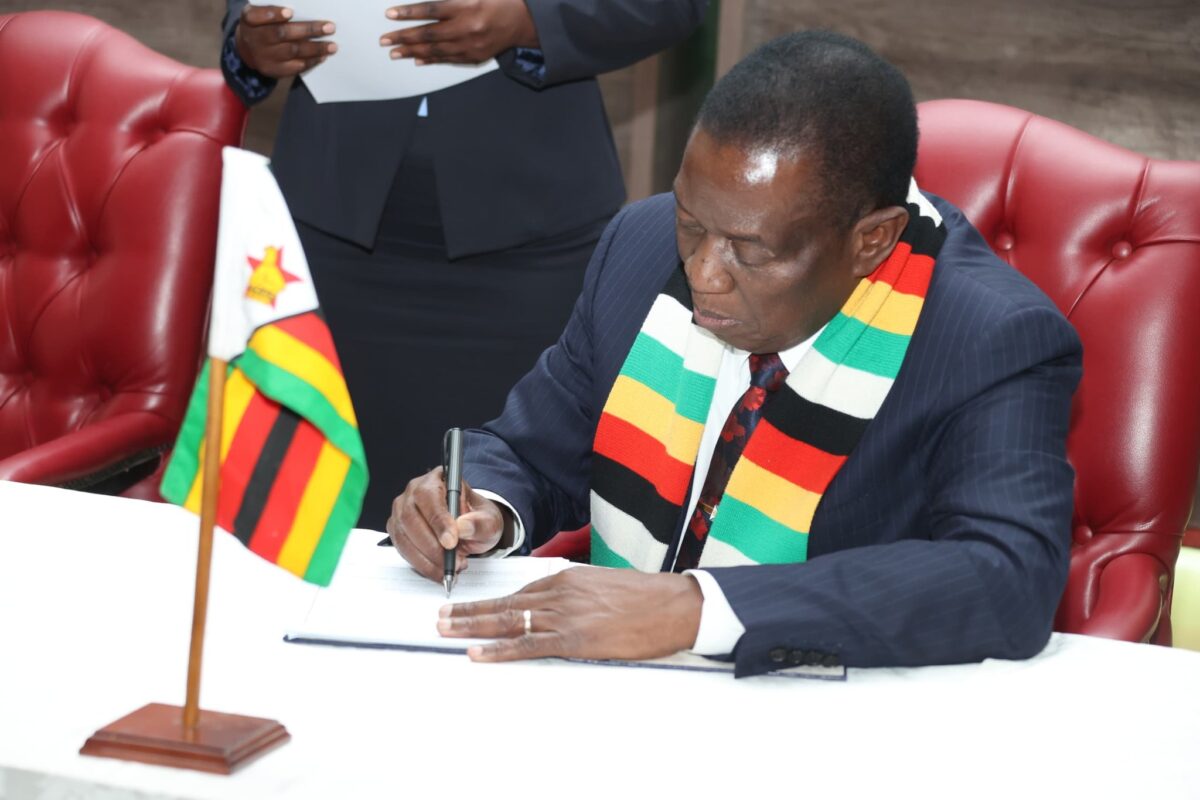HARARE – Zimbabwe’s 2022 World Cup qualifier against Ethiopia next month will be their last to be played at home unless the National Sports Stadium is renovated to meet international standards, the Confederation of African Football (CAF) said on Monday.
The Zimbabwe Football Association (ZIFA) said it got the bombshell news following a stadium inspection by CAF’s Tshegofatso Moiloa on October 13 and 14 this year.
The key outstanding issues, according to CAF, is the lack of bucket seats and electronic turnstiles.
“CAF has granted the National Sports Stadium a one-match approval to host senior teams’ international matches. Thereafter, the stadium will be automatically barred from hosting senior teams’ international matches and other CAF men’s inter-club competitions until outstanding issues noted in previous inspection reports have been addressed,” ZIFA said the statement.
Zimbabwe will play Ethiopia in November.
The National Sports Stadium was initially banned from hosting senior teams’ matches in 2020 but was provisionally cleared later in the same year.
Since then, CAF has been using reports from inspections conducted by ZIFA to extend the temporary approval.
ZIFA continued: “There should be fixed seats in all sectors in the stadium. Seats for spectators must be individual, fixed, separated from one another, shaped, numbered, made of an unbreakable and non-flammable material, and have a backrest of a minimum height of thirty (30) cm when measured from the seat.
“The stadium should be equipped with modern electronic turnstiles and automated systems.”
CAF further said the stadium must have a functional Venue Operations Centre (VOC) with a good overview of the stadium equipped with CCTV monitors.
“It should have an override capability over the public address system in case of emergency announcements. The VOC should be staffed and serve as command centre for security and safety operations,” ZIFA said.
CAF also noted that the stadium’s B Arena must be renovated in line with its standards and other facilities must be modernised and “brought up to the international standard requirements.”
The 60,000-capacity National Sports Stadium was opened in 1987 and is owned by the government which has been carrying out renovations since last year.
















